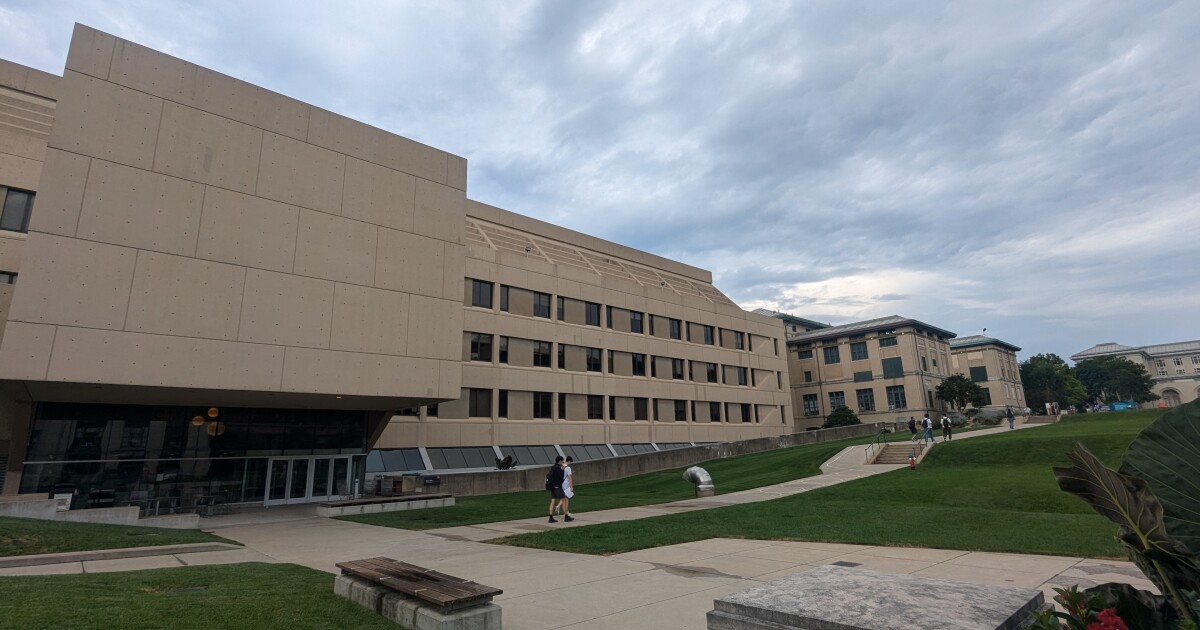Key Takeaways
- A collaborative study between Carnegie Mellon University, the University of Pittsburgh, and others investigates the impact of AI on jobs.
- The research will analyze AI adoption patterns and their effects on employment and wages across various sectors.
- Funded by the Alfred P. Sloan Foundation, the two-year study aims to provide better tools for tracking job changes related to AI.
Understanding AI’s Impact on Employment
A new research initiative led by Carnegie Mellon University (CMU) and the University of Pittsburgh seeks to clarify the relationship between artificial intelligence (AI) and workforce dynamics. While some tech leaders predict significant job losses due to AI, evidence linking AI software to employment decline remains limited.
This collaborative study, involving CMU, the University of Pittsburgh, MIT, and other institutions, consists of four projects focused on various aspects of AI adoption and its effects on jobs. One key area of investigation is when companies implement AI technologies, such as search engines, transcription software, and code generation, and how this influences hiring practices. Professor Christophe Combemale from CMU emphasized the importance of understanding whether AI replaces, augments, or enhances worker productivity, which could impact employment rates and wages.
Another project, led by Morgan Frank at Pitt, seeks to establish the Observatory for U.S. Job Disruption. By analyzing data from unemployment insurance programs across all 50 states, his team aims to elucidate the specific sectors and jobs affected by layoffs, allowing for a more nuanced understanding of whether AI is truly at fault for these changes. Frank noted that relying on broad unemployment statistics can obscure the real causes of job shifts.
Additionally, a study sponsored by the California Policy Lab will examine how workers transitioning to AI-driven roles navigate their careers. Combemale pointed out that knowing which occupations are under threat is crucial, but it is equally important to identify pathways out of these roles, whether those lead to promotions, lateral moves, or wage reductions.
The final component of the research, led by the U.S. Chamber of Commerce Foundation, focuses on developing a new data framework aimed at reducing the delay in reporting workforce changes due to AI adoption. This initiative, backed by a grant from the Alfred P. Sloan Foundation, is expected to span two years.
Combemale anticipates that while definitive answers may not emerge, the project will yield improved methodologies for tracking employment changes. The insights gained could provide workers, policymakers, and businesses with valuable foresight regarding technology-induced labor shifts, enabling proactive adaptations to the evolving economic landscape.
The content above is a summary. For more details, see the source article.















